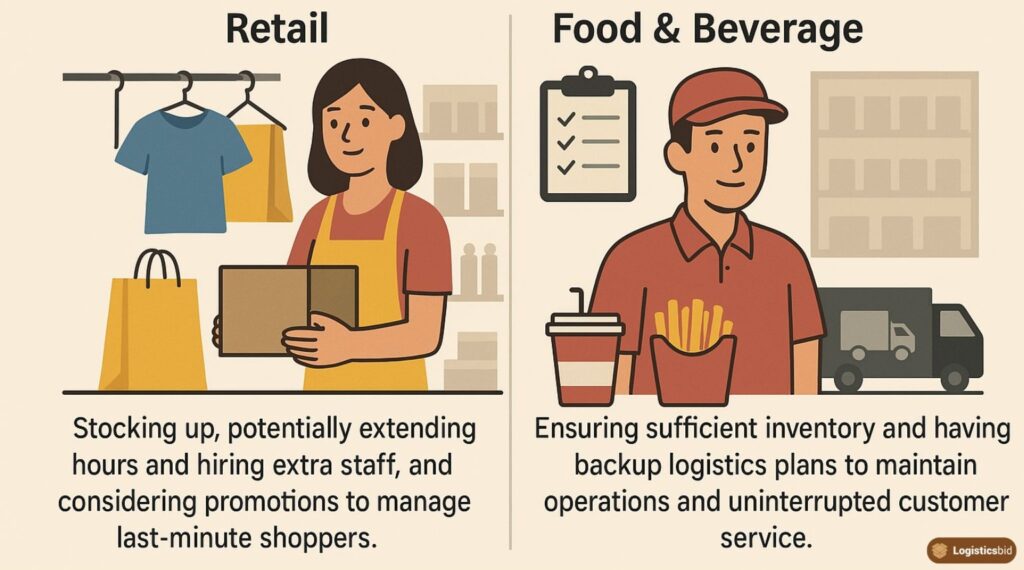
The Philippines is a Catholic country, so Holy Week is a very important time of the year. Many people take time off from work to spend time with their families, and businesses see a significant slowdown. If you are a business owner in the Philippines, it’s important to prepare for the long holidays. This article will discuss what you need to do to ensure your business runs during Holy Week.
What Should Businesses Do to Prepare for Holy Week?
Many enterprises and public places are closed on many days throughout Holy Week and other long, nonworking holidays. Employees are typically off from work, and operations frequently encounter difficulties. As preventive measures, businesses must plan for this season ahead of time.

- Retail Shops
Retail shops should brace for the influx of last-minute shoppers. They must stock up on items, extend operating hours, and hire additional staff. Promotions and discounts may also be offered to attract customers. It is important to anticipate the needs of shoppers and have a plan in place to accommodate them.
To prepare for a smooth Holy Week operation, the first step is to list all the supplies you need for the week. Next, you will need to order these items from your suppliers. The key step here is to make sure that you do these steps in advance.
- Food and Beverages
All fast-food businesses must have an official logistics fleet. It’s used to transport customer orders and frozen food to the restaurant’s kitchen. Fast-food chain managers and owners need a backup logistics partner to cover more work when they need it. Fast food restaurants, for example, must have a backup logistics strategy in place. This ensures that products are at a good level and that customers can enjoy them uninterrupted.
Tips For Logistics Managers
Peak volumes rise by 10 to 20 times their normal amount during the holiday season. Because of the complexities of the supply chain, shippers are under a lot of pressure during the holidays.
Planning for seasonal shipments must be done ahead of time to avoid bottlenecks. Shippers can reduce the risk of delays during the holidays by planning for last-mile delivery management. This allows them to absorb any increase in logistics costs due to a contingency and gives them a competitive advantage.
Here are some suggestions for logistics managers to help them get ready for the holiday delivery rush:
- Plan for Odd Situations
Managers in the logistics sector should consider creating a space for exceptions. Examples of this are oversize packages that need special handling and orders that can’t be completed. Handling unique circumstances in their specialized areas can help ensure regular shipments continue to move even during holidays.
- Efficient Logistics Technology
Some businesses receive multiples of their usual business during the peak season, but delayed delivery and meeting demand are both unacceptable. If you don’t have a prepared logistics system, you’ll encounter commercial difficulties. Logistics managers must use effective logistics technology like transport management systems (TMS) to optimize logistics. TMS can track, manage, and direct the movement of goods within a logistics facility to handle the holiday rush more than manual labor.
Don’t Forget About Holidays

Various warehouse locations, delivery areas, and delivery vehicles are involved in conventional delivery challenges. Planning for the holiday delivery surge while maintaining the best logistics execution practices will result in fewer customer complaints and lower logistics expenses.
SEE ALSO:
